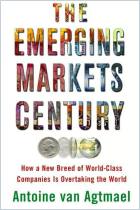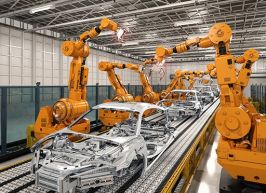Únase a getAbstract para acceder al resumen.

Únase a getAbstract para acceder al resumen.
Yangfeng Cao
The Haier Model
Reinventing a Multinational Giant in the New Network Era
LID Business Media, 2018
¿De qué se trata?
Once small and struggling, China’s Haier became a multinational giant by constantly reinventing itself.
Recommendation
A small, struggling Chinese company in the 1980s, Haier became a multinational giant through its strategy of constant reinvention. Business professor Yangfeng Cao offers a full report on Haier and its leader Zhang Ruimin. To drive home the message that quality mattered, Zhang once ordered his workers to demolish 76 flawed refrigerators with sledgehammers. Haier is now becoming a network organization and giving its customers a central role. Yangfeng’s text is rich and detailed, so much so that it can become overwhelming. getAbstract recommends his thorough report to those interested in the evolution of the Chinese market and in Haier’s strategies for corporate growth.
Summary
About the Author
Yangfeng Cao, PhD, founded and directs the Institute of Global Entrepreneurship & Innovation in Hong Kong. He is also a professor of practice at the Guanghua School of Management at Peking University.
























Comment on this summary